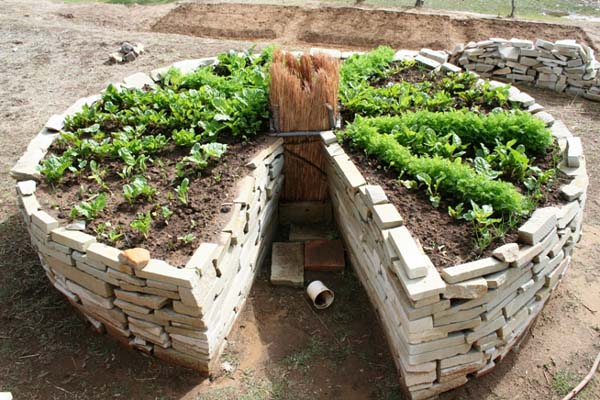Edible Gardens Help Fight HIV in South Africa
The country of Lesotho in South Africa is using edible gardens to fight the HIV/AIDS epidemic.
Lesotho is known to have a huge problem with HIV/AIDS infections. It is rated the third highest HIV prevalent country globally. The nation’s population is around two million, and almost a quarter of working-age adults are infected with HIV. Non-governmental organizations and international agencies have helped out Lesotho’s government fight the epidemic by providing resources to stop poverty, food insecurities, and medical emergencies such as Tuberculosis, which has one of the highest infection rates in the world. Lesotho is the first in the region to implement the World Health Organization’s 2015 guidelines on the provision of antiretroviral therapy.
For antiretroviral therapy to work, patients need to have good nutrition. International agencies and organizations have helped out Lesotho in promoting crop diversity in subsistence farming and recycling household waste. This has helped Lesotho create keyhole gardens. These gardens are made by pouring organic waste, ash, and greywater into central composting bins, from which it filters into the surrounding soil.A cutaway provides easy access to the bin and gives the gardens the distinctive shape from which they take their name. The result is a small plot of extremely fertile soil in which owners grow vitamin-rich vegetables such as spinach, beetroot, and carrots to complement a diet that is heavily based on corn and wheat. The edible gardens usually generate two harvests each year. According to Ian McKay, program director at Send a Cow, the organization has witnessed major improvements in the quality of diets in communities where it has worked over the past decade. The crops that are planted from the keyhole gardens have also been used for trade in meats and other vegetables such as corn. These gardens have aided in fighting off the HIV/AIDS epidemic and have found ways to help fight off poverty and food scarcity for this country. Source: MUNCHIES

